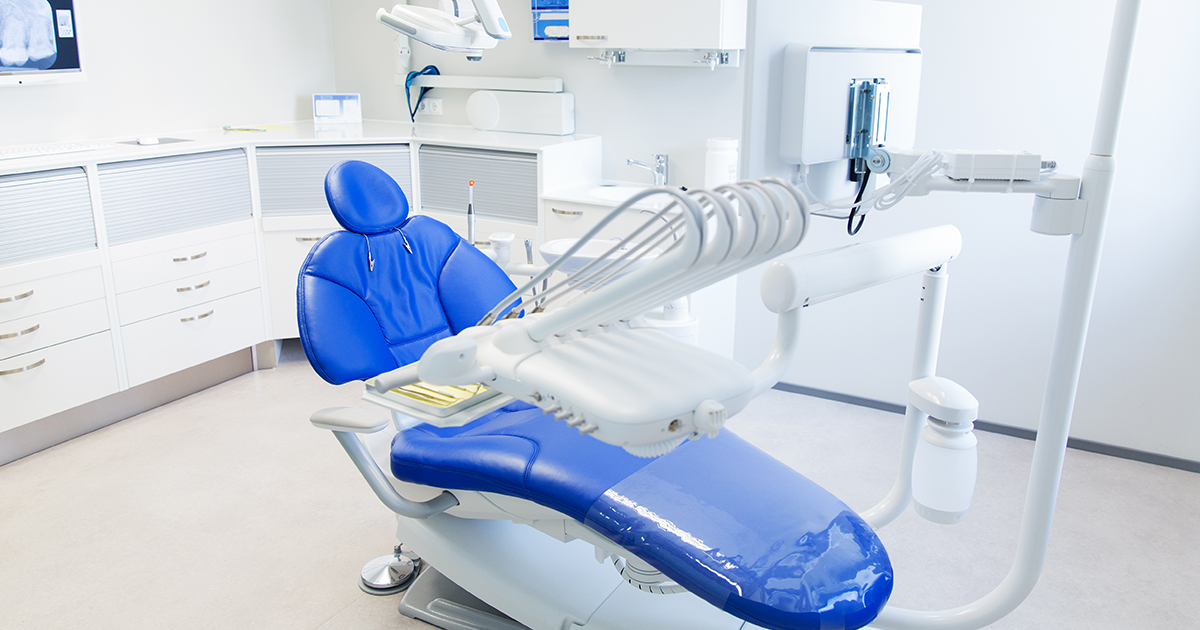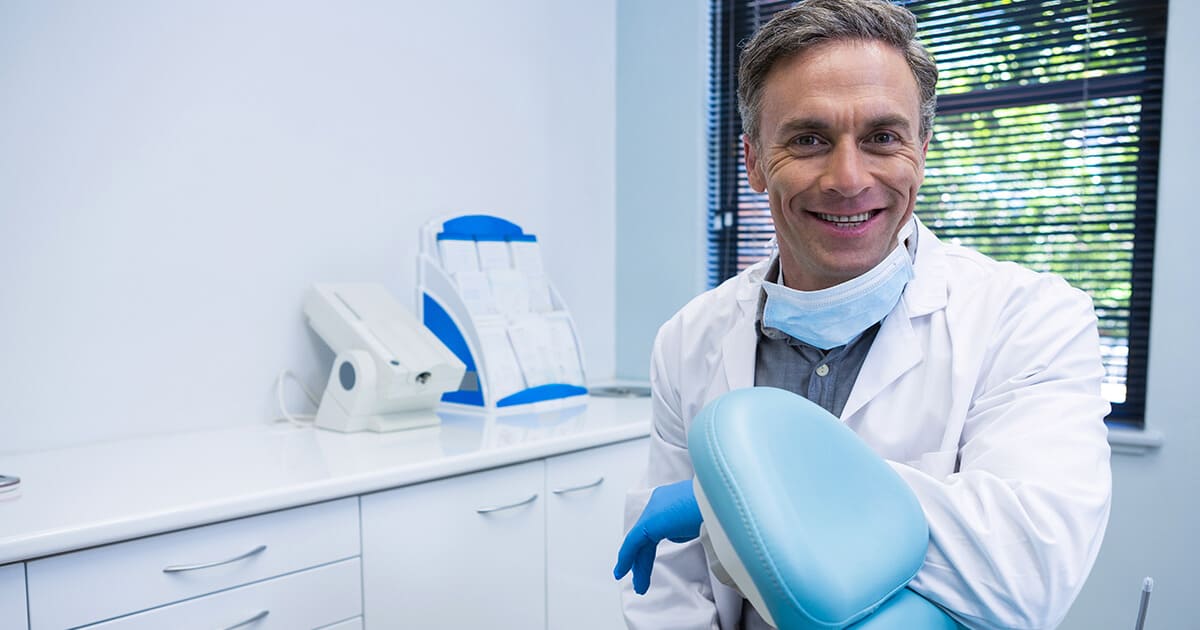How to Determine How Dental Practices are Valued
There are many reasons why dentists might want to have their practices appraised. Understanding how dental practices are valued can be helpful for several reasons including:.
- Sale or purchase
- Associate buy-in
- Partner buy-out
- Mergers
- Death or disability
- Estate value
- Divorce
No matter what the reason for the sale, it’s important to understand the term “value.”
How to Value a Dental Practice for Sale
There are three values for most dental practices:
The purpose of this article is not to provide formulas for determining these values, but to discuss their meaning.

Seller’s Value
This is what most sellers apply to their practice. Whether it is relative or not will depend on the seller. Some sellers underestimate how dental practices are valued because they don’t have a clear idea of its true value. They know there is value in the tangible assets, but they often look at the replacement value, which is clearly not the value of existing equipment in any practice.
They then add value for goodwill, which is realistic. What is not realistic is adding value for the “blood, sweat, and tears” a dentist has put into his or her practice. Also unrealistic is adding an additional value for “building out” a new facility. Although there is value in the owner’s time and energy, it is not something a typical buyer is willing to pay for when purchasing a practice. In most situations, the seller’s opinion of value will be the highest and most unrealistic assessment.
Economic Value
It would stand to reason that the economic value of the practice would reflect the most reliable value. This number is arrived at when a dental practice appraiser, who thoroughly and objectively reviews practices, is hired to determine value. The major components making up this value are the tangible assets (dental equipment, furniture, fixtures, and office equipment) and intangible assets (goodwill).
When assigning value to tangible assets, appraisers consider the age and useful life of the equipment. Tangible assets fall between depreciated book value and replacement value and an economic useful life, to which a representative value is applied. Intangible value is determined by goodwill, which is comprised of location, active patients, staff, cash flow, and other factors.
The ultimate economic value of the practice is based primarily on the metrics generated — active patients, gross receipts, and most importantly, adjusted net income or cash flow. Once these factors are reviewed, the appraiser will render his or her opinion regarding the value of the practice.
From a pure numbers standpoint — and viewing the practice as an isolated asset — this opinion of value may be accurate, but unrealistic.

Market Value
Two practices with nearly identical financial numbers, equipment, physical characteristics, and staff may have similar values, but may not generate the same selling or purchase price. The market factor or market value will have a dramatic impact on the two practices. As in real estate, the mantra, “location, location, location” is all-important when viewing a practice. This is never more obvious than when practices are in rural areas verses urban areas, the right side of the tracks versus the wrong side of the tracks, or the “older” area versus the new growth area.
Hiring an appraiser who is familiar with your area and who practices within that locale will help you determine whether you set a realistic value for your practice. The right professional is critical as you attempt to maximize your practice value. Pricing your practice to the market will ensure a fair price for both you and a buyer and will ensure a timely sale.
The value placed on your practice must pass the “justification test.” After expenses, will it pay the debt service, provide adequate cash flow to the buyer, and withstand the need for future new equipment, as well as fluctuations in business cycles? Adequate cash flow is always relative to any buyer, but ideally it should be more than a buyer would earn as an associate to justify the risks that are part of any sale or purchase. If not, the potential for practice growth should outweigh the other risk factors.
John M. Cahill, MBA, of Western Practice Sales, CA (member company of ADS Dental Transitions) has more than 40 years of experience in the dental industry, including all aspects of appraisals, sales, purchases, and buy-ins in connection with dental transitions. You can contact him at 800.641.4179 or info@westernpracticesales.com.



